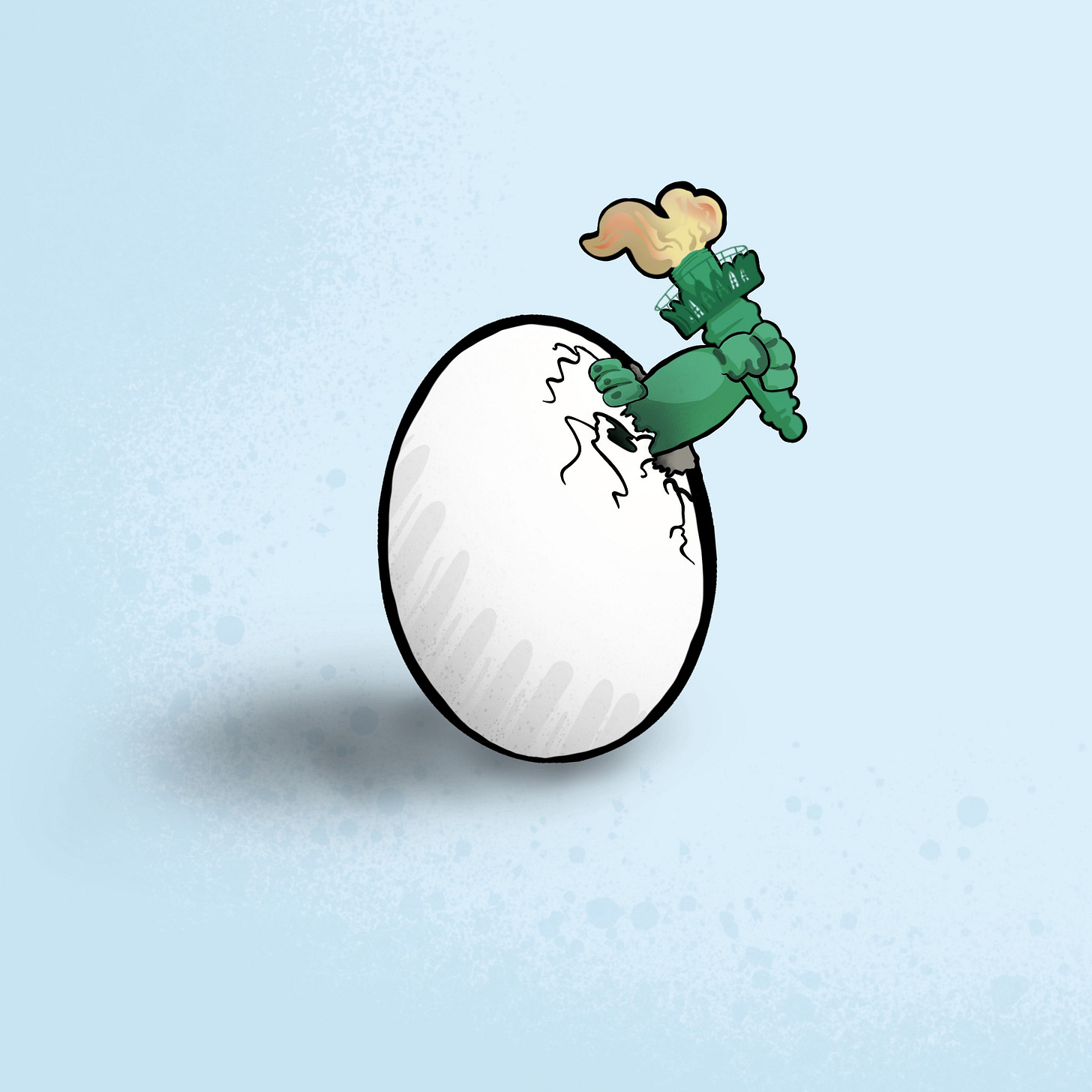American Independence in Verse: Preview
...
Here is the epic story of American Independence, from the Stamp Tax riots to the Declaration, told in verse by its opponents and its champions: among them, Samuel Adams, Benjamin Franklin, and George Washington. Order the book here. A few sample poems are below.
Join, or Die: Benjamin Franklin, prophet of the Revolution, argues for colonial union on the eve of the French and Indian War.
Resolves Against the Stamp Act: Patrick Henry’s resolutions would inspire riots in Massachusetts.
The Horrid Massacre / Late Unhappy Disturbance: “you bloody backs, you Lobster scoundrels, fire if you dare!”
Memorandum on Events of April 18: Paul Revere’s account of his fateful ride. “I am not afraid.”
Other poetry series on Mostly Aesthetics:


